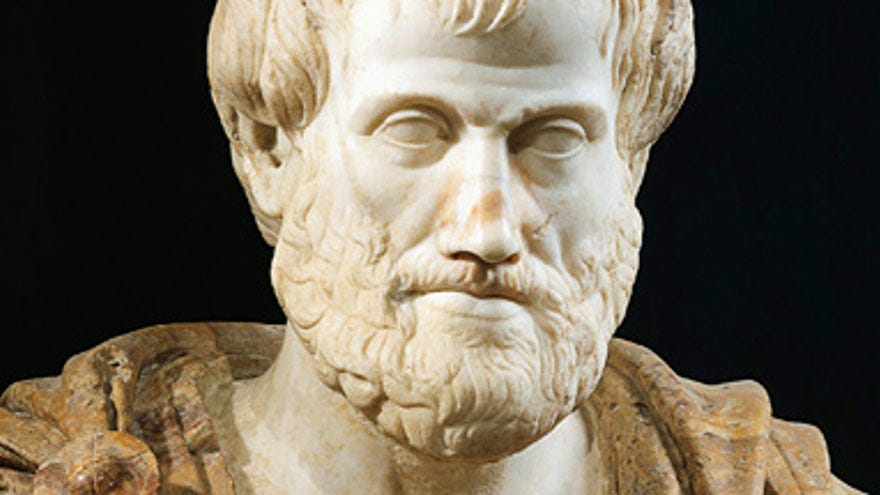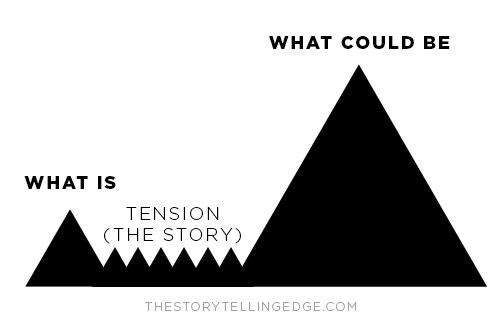How to make good stories great, at work and in life
This special Friday newsletter comes from the desk of Joe Lazauskas, co-author of our book, The Storytelling Edge. (And speaking of books! Big news if you haven’t heard it yet: I (Shane) just announced my next book, Dream Teams, which comes out in June. Learn more about this 4-years-in-the-making project here.)
[If you don’t want to get these emails anymore, you can one-click unsubscribe at the bottom. We love you either way!]
Without further ado, here’s this week’s Snow Report:
The Thing That Will Make Your Next Story Sing (Element #3)

The bad guy (Philip Seymour Hoffman) has a gun to Hunt’s wife’s head and is counting to 10, telling him to give him information, or he will pull the trigger.
“Where is the rabbit’s foot?!”
“I don’t know!!!”
PSH counts all the way up to 10, and then the screen goes blank.
And then the movie goes back in time to months earlier, to the adventure that led to Hunt being tied to that chair.
Shane always talks about how when he saw MI3 for the first time, he had to pee at the beginning of the movie—and he ended up holding it until the movie got back to this scene. There was no way he was going to miss what happened.
And that story—the one of Shane not peeing—illustrates something extremely powerful. It’s the third element of terrific storytelling: tension. Some people call it the conflict, others call it the curiosity gap. Whatever you call it, tension is what turns a good story into a great story.
The greatest stories in history have it: the emotional tug, the mystery, the what-if, the “I can’t believe this!” This element is what keeps us glued to our seat, no matter how badly we have to pee.
If I were to write the worst love story ever, it would probably go like this: “Jack and Jill grew up in houses next to each other. They were friends since they were kids. They decided to get married because, well, why not? It made sense. The families knew each other. And everyone was fine.”
If I saw that movie in the theater, I would pee whenever I felt like it, and also ask for my money back. There’s no tension. There’s no hardship, there’s no drama, and everything was just . . . fine. Boring.
The opposite of a boring love story is Romeo and Juliet. This classic story works because there’s so much working against the characters. Their families hate each other. They have to keep their love secret, and they’re willing to die for each other so that they can be together. Many things can go wrong—and so much does. All that tension makes the story extremely powerful.
Long before Mission Impossible, Aristotle described how tension makes a great story. He said that a great story establishes what is and then establishes what could be. The gap between those two things is your story. The storyteller’s job is to close that gap and open a new one, over and over until the tale is done.

The villains are family members. They blow up planets. Someone you love dies in nearly every episode. And this is what makes the story great. You don’t know what’s going to happen. You don’t know who’s going to make it. The characters want things so badly and are against such great odds that you have to keep watching. No one has ever gotten up to pee during the Death Star assault scene.
And at the end of each film, we smile.
Even the cliffhanger endings end on a note that makes our brains happy. We let out that sigh of relief, and our heart rates calm down when that orchestra plays and the end credits float through space.
The tension in Star Wars helps keep us in that place where our real world doesn’t exist, where our brains fire neurochemicals to help us empathize with the characters.
Which is, of course, what you should shoot for the next time you tell one of your own stories.
Much love,
Joe
P.S. From Shane: Hi everybody! Thanks for tuning in!


